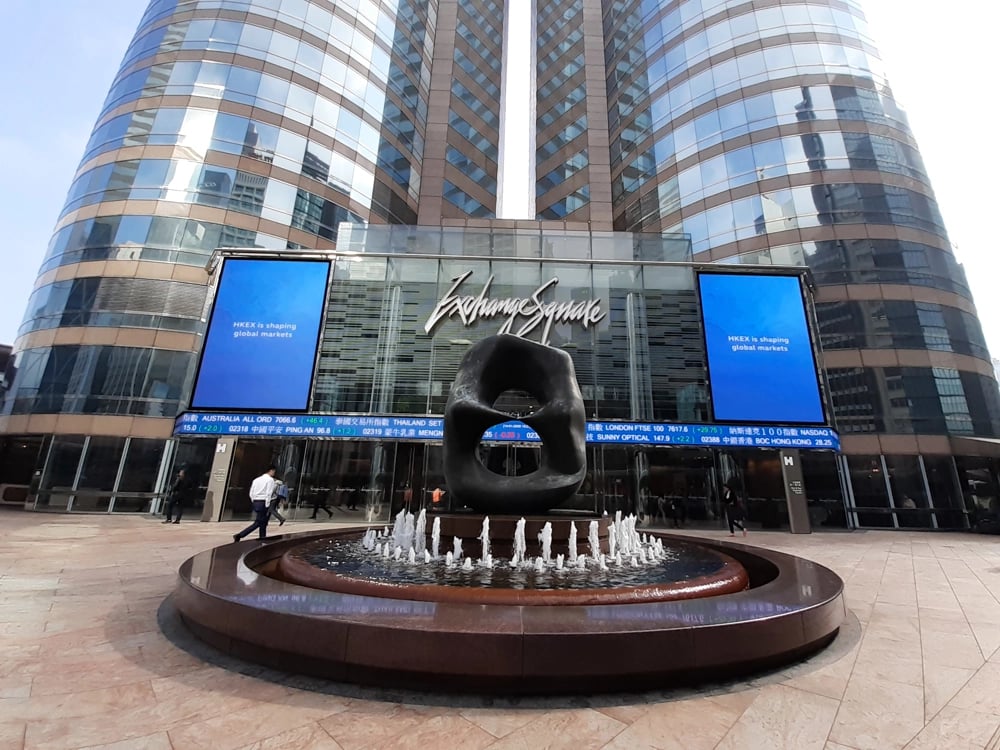HKEX Targets Secondary Listings from Southeast Asia
Hong Kong Exchanges and Clearing Ltd $0388.HK is taking strategic steps to enhance its standing as a global financial hub. In a bid to attract cross-border capital flows and new listings, HKEX is actively courting companies from Southeast Asia and the Middle East—especially those seeking secondary listings. CEO Bonnie Chan recently outlined this direction, positioning Hong Kong as a vital gateway between East and West.
At the same time, more Chinese firms listed on mainland exchanges are expressing interest in dual listings in Hong Kong as part of their broader international expansion strategies.
Strategic Shifts and Broader Implications
HKEX’s renewed focus on regional issuers comes after years of political tension and pandemic-related disruption that have tested investor confidence. By targeting secondary listings from high-growth regions such as ASEAN and the Gulf Cooperation Council (GCC), HKEX aims not only to boost market turnover but also to solidify its role as Asia’s most international stock exchange.
This initiative aligns with China’s deepening financial and economic ties with the Middle East, as well as Southeast Asia’s increasingly important role in global supply chains and capital markets.
Quick Facts:
HKEX plans to attract secondary listings from ASEAN and GCC countries.
Chinese firms on mainland bourses (SSE, SZSE) are turning to Hong Kong to raise capital globally.
The exchange aims to reassert its position as a cross-border financial gateway.
Strategic focus includes enhancing connectivity with Belt and Road economies.
Regulatory and infrastructure upgrades are part of HKEX’s longer-term global strategy.

Market Response and Industry Commentary
The announcement was well-received in regional markets. Shares of HKEX saw modest gains following the news, with analysts viewing the initiative as a timely response to a changing geopolitical and financial environment.
As global capital becomes more regionalized and IPO flows shift away from traditional centers like New York and London, HKEX is repositioning itself as the primary financial platform for East-West transactions. Investment banks are reportedly scaling up their Hong Kong operations in anticipation of increased deal flow from MENA and ASEAN markets.
Some Middle Eastern corporates are already in preliminary talks for secondary listings in Hong Kong, with potential debuts expected in 2025.
Key Takeaways:
HKEX is refocusing its strategy to attract secondary listings from fast-growing Southeast Asian and Middle Eastern markets.
Chinese companies view Hong Kong as a gateway for accessing international capital while maintaining proximity to the mainland.
Political and regulatory stabilization are helping restore global investor confidence in Hong Kong.
Regional competition is intensifying with Singapore, Tokyo, and Dubai vying for financial leadership.
Listing diversification strengthens HKEX’s resilience to external shocks and evolving regulatory environments.

Hong Kong Reinforces Its Role in Global Capital Markets
HKEX’s move to attract issuers from ASEAN and the MENA region reflects its evolving role in a multipolar financial world. As global supply chains and investment flows recalibrate, the exchange’s emphasis on secondary listings and international connectivity may restore Hong Kong’s reputation as a premier financial center.
By leveraging its geographic advantage, legal infrastructure, and improved regulatory alignment, HKEX is well-positioned to reclaim market share and become a nexus for cross-border finance connecting China, Southeast Asia, the Middle East, and the West.















Comments
HKEX's bold pivot is a refreshing step forward, seamlessly bridging Eastern dynamism with Western opportunities.
Major capital reallocations into automation signal a broader transformation in how value is being generated